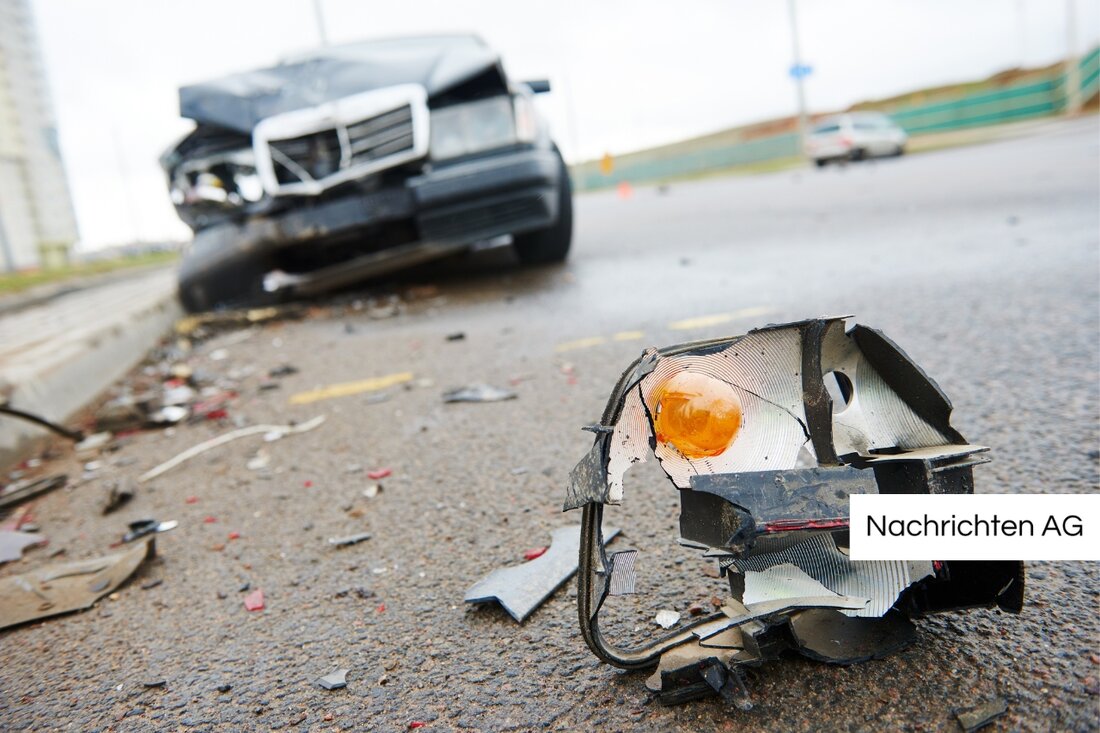Michi Kurz visits Radlwolf: Hope for hard rehab!
Michi Kurz visits Wolfgang Dabernig, who is in the neurorehabilitation. Donation campaigns support his return.

Michi Kurz visits Radlwolf: Hope for hard rehab!
Today, on June 25, 2025, Michi Kurz visited the former Paralympic athlete Wolfgang Dabernig, better known as Radlwolf, during his weekend trip. Dabernig will be in a professional neurore habilitation until the end of July. He has recently been able to move again with a roller mobile, also known as a rollator. This is already his second neurore habilitation after he was already in therapy in 1994 after a serious mountain bike accident. After a half -year stay at the UKH Klagenfurt and Tobelbad near Graz, he had left the wheelchair again.
Dabernig, who won a silver medal at the Paralympics in Athens in 2004, is an example of the success story of people who fight back after serious health crises. A donation account was opened to support his rehabilitation. Interested parties can make a contribution to further promote his therapy:
- Account holder: Movement for a good cause, Wolfgang Dabernig
- iban: AT38 2070 6045 0407 8694
- bic: kspkat2kxxx
neurorehabilitation in focus
Neuropsychological rehabilitation aims to support people with disorders of the central and peripheral nervous system. The aim is to remedy or relieve neurological failures, the restoration of mobility and independence as well as the improvement of the quality of life. Often acute complaints initially lead to inpatient treatments, followed by targeted rehabilitation measures. These are individually adapted and take into account both personal needs and medical special features.
Rehabilitation takes place in several phases. The first two phases include acute treatment in the hospital and early rehabilitation, in which patients are usually still bedridden. In the later phases, mobility is promoted and return to everyday life is prepared. This process can take several weeks to months and is crucial for the further healing process.
goals of rehabilitation
A central goal of the neurore -habilitative measures is to enable participation in public and social life and to promote coping with everyday life. As a rule, independence is sought in everyday life, which is of great importance in particular in the case of functional disorders such as paralysis, language disorders or equilibrium disorders.
The means of rehabilitation are diverse and range from occupational therapy to physiotherapy to speech therapy approaches. In order to make the best possible progress, close cooperation between therapists, patients and relatives is necessary.
Despite the setbacks that Wolfgang Dabernig experienced, he is optimistic about the future and is looking forward to the "11th edition of movement for the good cause" in 2026. This event should not only draw attention to its history, but also raise awareness of the importance of rehabilitation and support for people with disabilities.

 Suche
Suche
